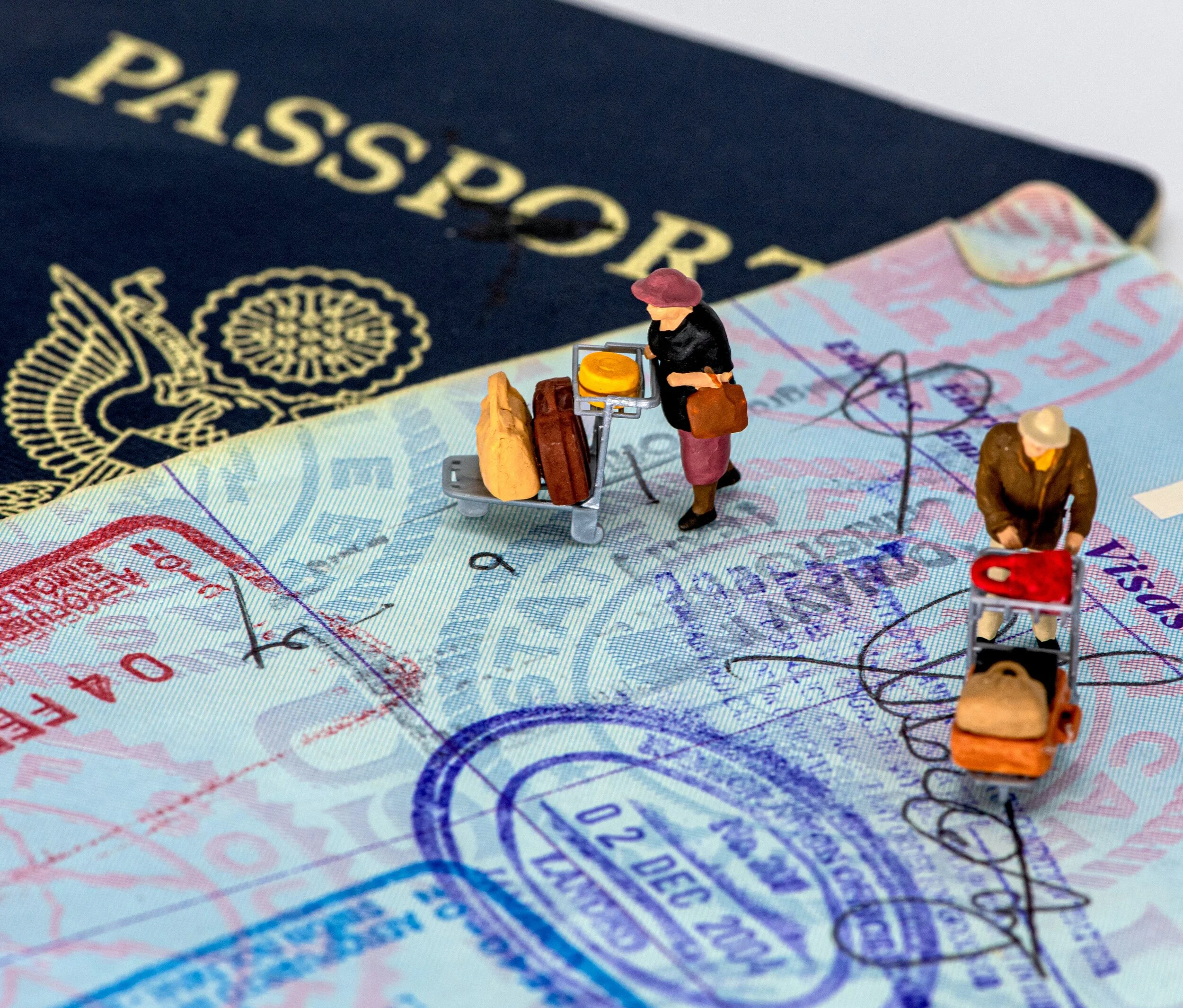For individuals seeking to naturalize and become U.S. citizens, assuming you are otherwise eligible, the entire process culminates with the Naturalization interview before USCIS. At the interview, a USCIS immigration officer will review your N-400, Application for Naturalization, and go over your responses to each question. In addition, they will conduct the English language exam (unless you qualify for an exemption) and the Civics exam (unless you qualify for an exemption). If you meet all the eligibility requirements and pass the english and civics exam, you will typically be notified of your application approval or denial after the interview has ended. As a resource for our clients, we provide the below ten tips prior to the interview, so that they are best prepared for a successful interview process.
Read MoreIf you are a noncitizen living in the United States and do not currently have lawful status or permission to legally live and work in the U.S. (greencard, DACA, TPS, etc.), there is a strong likelihood that you are accruing unlawful presence. Unfortunately, if you have accrued between 180 days to one year or more of unlawful presence, you've effectively triggered the 3-year and 10-year bars to admissibility. This means that without a waiver, you may not re-enter or attempt to re-enter the U.S. before waiting the allotted time period. For those who are eligible, the I-601A Provisional Unlawful Presence Waiver is a necessary step in overcoming unlawful presence and qualifying for lawful permanent residence status in the United States.
Read MoreIn a previous post, we covered the eligibility requirements for becoming a U.S. citizen through the naturalization process. Under the continuous residence requirement, a naturalization applicant must show that they have resided continuously in the United States after being admitted as a lawful permanent resident (LPR) for at least 5 years (3 years if married to a U.S. citizen) prior to filing the naturalization application and up to the time of being naturalized.
Read MoreIn a previous post, we discussed the two year meeting requirement for fiancé visas and the best evidence to prove that you and your fiancé met in person prior to submitting the K Visa application. Although the meeting requirement is quite rigid, there are two exemptions available to those who qualify. According to the immigration regulations, a petitioner (the U.S. citizen) may be exempted from the two-year meeting requirement "only if it is established that compliance would result in extreme hardship to the petitioner or that compliance would violate strict and long-established customs of the beneficiary's (the non-citizen fiancé) foreign culture or social practice, as where marriages are traditionally arranged by the parents of the contracting parties and the prospective bride and groom are prohibited from meeting subsequent to the arrangement and prior to the wedding day."
Read MoreOur immigration laws are incredibly complex and often convoluted, so if you've decided to file for immigration benefits for yourself or on behalf of a family member, there are inherent risks involved that should be taken into consideration. An honest mistake or misunderstanding of an application question can be the difference between having your benefit request denied or being placed into removal proceedings. This is not to strike fear into those who wish to handle these applications on their own, but to simply recommend taking extreme caution, especially if you are unsure how to answer certain questions or feel that you might not have the exact evidence the government is requesting.
Read MoreIn a previous post, I shared some of the basics of what evidence you must submit with your I-130 Application when attempting to secure immigration benefits for your non-citizen spouse. One of the most heavily scrutinized aspects of the I-130 application, particularly when it comes to immigrating via marriage to a U.S. citizen, is the bona fide marital relationship requirement. Under this requirement, you must prove that your marriage is authentic and not a sham used to fraudulently obtain a greencard for someone else.
Read MoreFor anyone going through the process of filing for immigration benefits for a family member, the Affidavit of Support is a necessary step before the United States Citizenship and Immigration Services ("USCIS") can fully consider your application for approval. As the sponsor for your non-citizen relative's application, you must sign a contract with the U.S. Government where you agree to use your financial resources to support your relative if and when they are given authorization to enter, live and work in the United States. This contract is known as the Affidavit of Support.
Read MoreThe I-130, Petition for Alien Relative, is the first form that will be filed with the United States Citizenship and Immigration Services (“USCIS”) by all U.S. citizens and Legal Permanent Residents who intend to establish legal residency status for their family members here in the United States. For the purposes of this post, we will focus on applications pertaining to spouses of U.S. citizens, as these are the most common types of cases.
Read More









